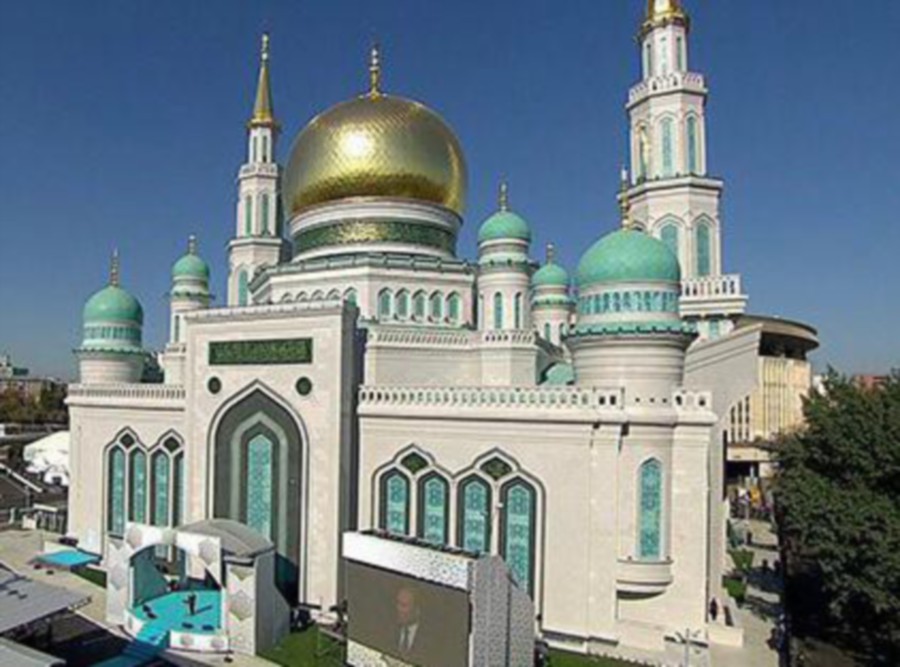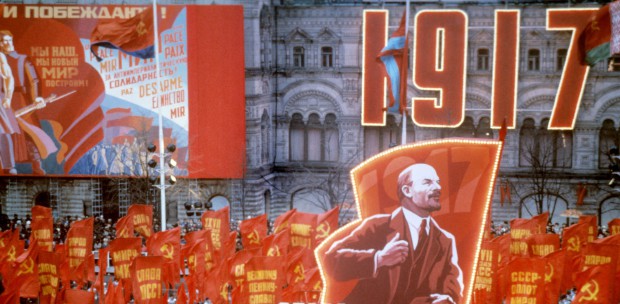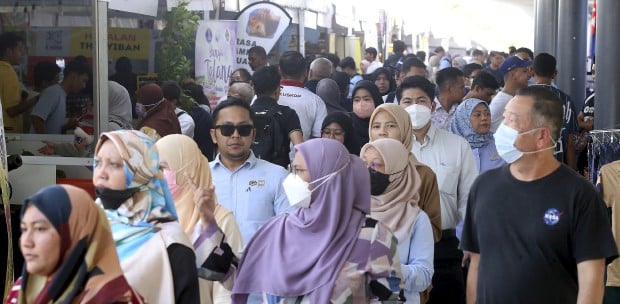ON May 21, 922, an envoy from Baghdad arrived in the city of Bolgar — the political, economic and cultural centre of Volzhskaya Bulgaria, which is the predecessor of the modern Republic of Tatarstan. This marked the beginning of the interaction of this state with the Islamic world.
More importantly, the adoption of Islam gave Volzhskaya Bulgaria's community a religious identity that distinguishes it from the surrounding peoples, largely determining the nature of the international and regional relations of the state.
The adoption of Islam also led to the creation of a unique Russian civilisation that combines the traditions of the West and the East.
Appreciating this, the president of the Russian Federation ordered preparations for the celebration of the 1,100th anniversary of the adoption of Islam by Volzhskaya Bulgaria.
The celebration that was approved includes more than 70 events.
Some will be held in universities, uniting young people with students and involving representatives of different faiths from different regions of the country.
Among the events are a Quran- reciting competition, festivals, the All-Russian Muslim Forum and the launching of new projects, such as online madrasah and the Darul-Kutub electronic library.
Also within the framework of the celebration are documentaries and feature films, exhibitions, scientific conferences and sports competitions.
One focus is the publication of a new Kazan Quran based on specially designed "Kazan Basma" computer fonts.
Then, from May 24 to 26, the All-Russian competition, "Volzhskaya Bulgaria in the history of Russia", will be held at Pyatigorsk State University.
The competition will involve students of state and religious educational organisations and is divided into two stages: preliminary and finals.
In the preliminary stage, participants will prepare mini-projects (presentations, videos, publications, etc.)
The authors whose projects pass the competitive selection will present them at the university itself, and will also take part in the finals where they will answer questions on the subject of the event.
Also, on Oct 26 and 27, the All-Russian Forum of Teachers of Muslim Educational Organisations will be held in Kazan.
The forum will look at issues related to Muslim religious education in the Republic of Tatarstan and other regions of the Russian Federation.
Other issues in focus include the prospective role of Muslim education in the social integration of Muslim communities in Russia, religious education for children and adults, problems of reforming the initial level (notebook courses) of Muslim education, as well as the practice of organising children's Muslim spiritual and health centres.
Kazan (Volga Region) Federal University (KFU) will also take an active part in the preparations for the 1,100th anniversary of the adoption of Islam by Volzhskaya Bulgaria.
It has received support from the Institute of Oriental Studies of the Russian Academy of Sciences, the Oriental Society of Russia, institutes of the Academy of Sciences of the Republic of Tatarstan, spiritual leaders, religious educational organisations, scientists, cultural activists and educators in the republic.
The university also took the initiative to implement a large-scale programme for frontal study by cataloguing and digitising Arabic books and manuscripts from the collection of the N.I. Lobac-hevsky Scientific Library and the Institute of Oriental Manuscripts of the Russian Academy of Sciences.
It should be noted that it was at KFU in 1807 that the first department of Oriental languages in Russia was opened.
Undoubtedly, the adoption of Islam in Volzhskaya Bulgaria gave a powerful impetus to the development of culture and Muslim heritage that has made important contributions in the fields of science, theology, literature and art.
The writer, writing from Russia, is a former lecturer of Universiti Malaya





